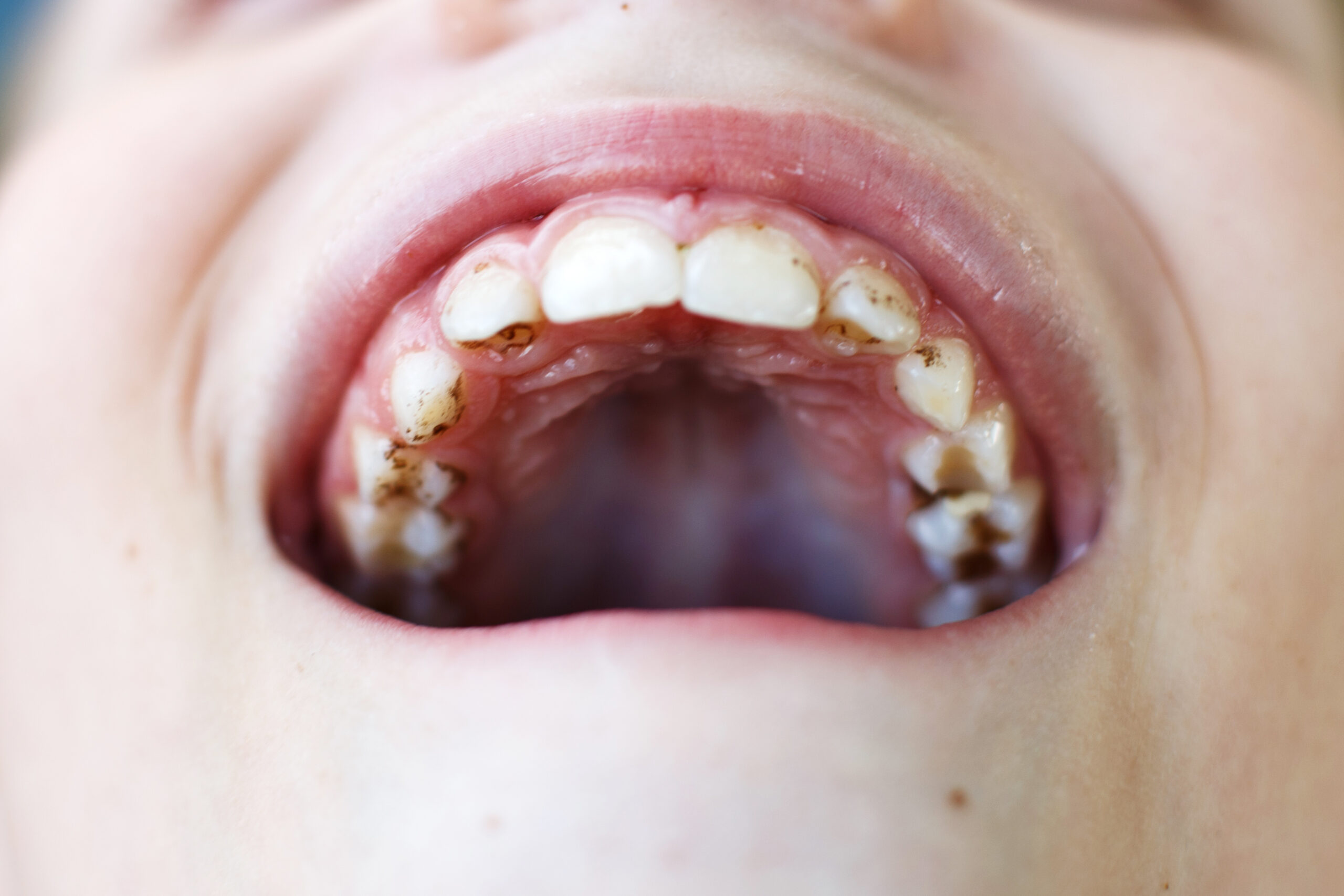Oral Submucous Fibrosis is a chronic disorder predominantly affecting the oral cavity. It sometimes, extends to the throat. This condition, characterized by the progressive thickening of the oral tissues, results in significant morbidity due to restricted mouth opening and an increased risk of malignancy. Submucous fibrosis is most prevalent in South and Southeast Asia, although cases have been reported worldwide due to migration and cultural practices.
Risk Factors
The primary etiological factor for oral submucous fibrosis is the habitual chewing of areca nut (betel nut), a practice common in many Asian countries. Areca nuts have chemicals in them called alkaloids and flavonoids. These chemicals make the body produce too much of a substance called collagen, which leads to a condition called fibrosis. Fibrosis basically means the body tissues become scarred and hardened.
Besides the primary cause, other risk factors include:
- Tobacco Use: Smoking, as well as chewing tobacco combined with areca nut exacerbates the condition.
- Nutritional Deficiencies: Deficiencies in iron, zinc, and essential vitamins, particularly B-complex and C, may impair the repair mechanisms of oral tissues.
- Genetic Tendency: Certain genetic factors may increase susceptibility to submucous fibrosis.
Sign & Symptoms
The clinical presentation of submucous fibrosis can vary depending on the stage of the disease. Common symptoms include:
- Restricted Mouth Opening: A hallmark feature due to thickening of the oral tissues.
- Burning Sensation: Particularly noticeable when consuming spicy or hot foods.
- Blanching and Stiffness: The oral mucosa appears pale and feels leathery.
- Fibrous Bands: Palpable bands in the cheek tissues, soft palate, and sometimes the tongue.
- Speech and Swallowing Difficulties: Severe thickening can affect these functions.
In advanced stages, submucous fibrosis can significantly impair the quality of life and predispose individuals to mouth cancer.
Management
Treatment of submucous fibrosis focuses on halting disease progression, relieving symptoms, and improving function. Key approaches include:
- Lifestyle Modifications: Complete cessation of areca nut, tobacco, and irritant substances is crucial.
- Nutritional Support: Supplements of iron, zinc, and vitamins A, B-complex, and C may help restore mucosal health.
- Pharmacological Therapy:
- Steroids: Intralesional injections or topical application to reduce inflammation.
- Hyaluronidase: Enzyme injections to degrade collagen and improve tissue mobility.
- Antioxidants: Help combat oxidative stress and improve mucosal repair.
- Physical Therapy: Mouth-opening exercises and the use of oral splints can prevent further restriction.
- Surgical Interventions: In severe cases, surgical release of fibrous bands and reconstruction using grafts becomes necessary.





